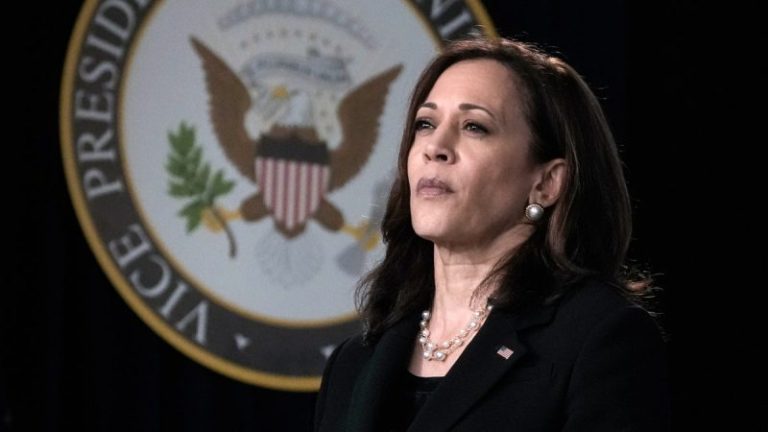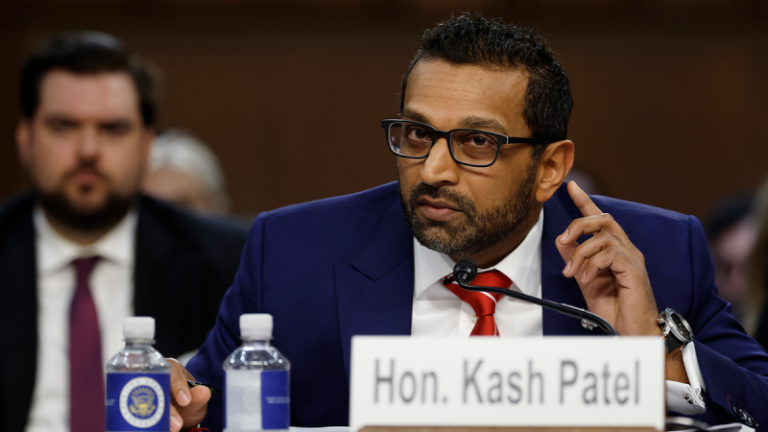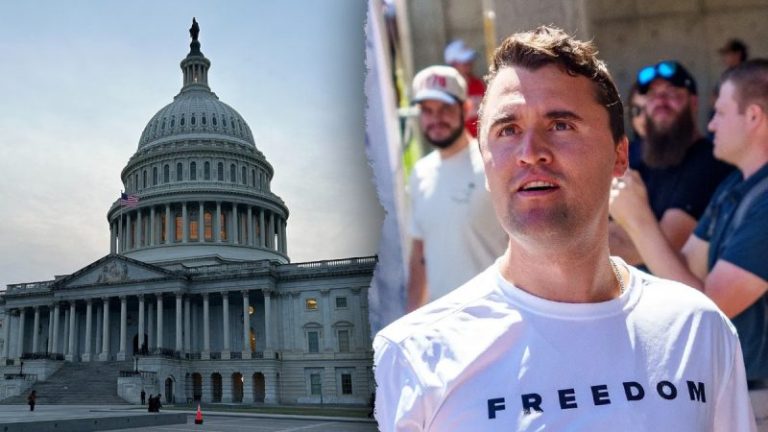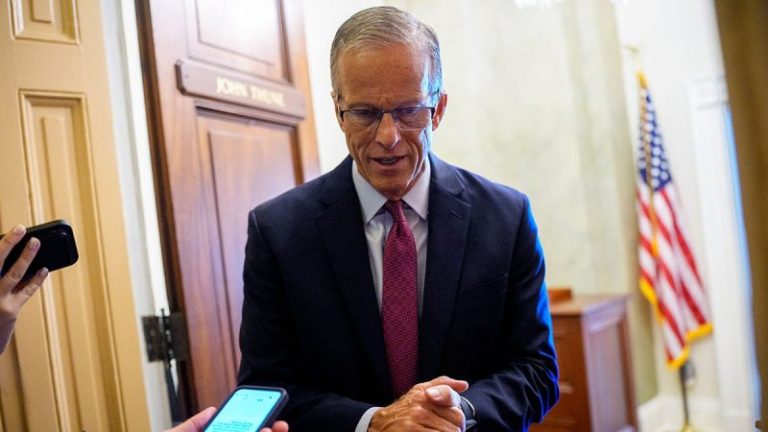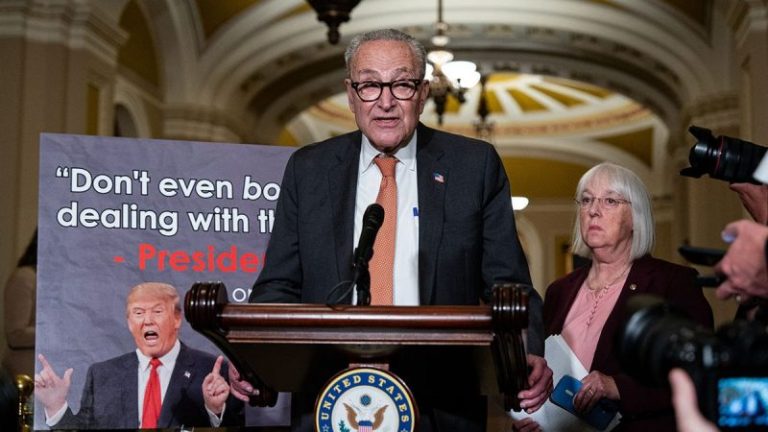President Donald Trump is expected to approve a proposed deal this week that would ensure TikTok in the United States is majority-owned by American investors and keep user data in a ‘trusted’ cloud in the U.S., a senior White House official told Fox News Digital.
The White House official said that under the new deal, U.S. operations will be run by a new joint-venture company, with its current parent company, ByteDance, holding less than 20% of the stock, as required by law.
‘The administration looks forward to finalizing this deal with all stakeholders,’ the official told Fox News Digital. ‘President Trump is expected to sign an Executive Order later this week to approve the proposed deal.’
The new U.S.-based joint-venture company is expected to be majority-owned by American investors and operate in the United States by a board of directors with national security and cybersecurity credentials.
The board of directors is expected to consist of seven members— a majority of which must be U.S. citizens based in America. A senior White House official told Fox News Digital that one member, who would not be eligible to serve on the data security committee or as board chairman, will be appointed to the board by ByteDance.
The official told Fox News Digital that, under the deal, Oracle, one of the nation’s leading technology companies, will be TikTok’s trusted security provider in partnership with the United States government.
Oracle would work to independently monitor and assure the safety of all TikTok operations in the United States—specifically regarding data security across the TikTok platform.
The official told Fox News Digital that Oracle’s data security would include source code review, algorithm retaining, application development and deployment, and more.
The official also stressed that Americans’ data will be securely stored in the United States without any access for China.
Americans’ user data will be stored in a trusted, secure, and purpose-built cloud environment in the U.S., run by Oracle, according to the official.
Under the deal, Oracle will create a secure cloud with perimeter controls and gateways to protect and house all U.S. user data. Officials said data flows will be controlled by machine learning and other technologies.
‘Foreign powers, like China, will not be able to access U.S. user data,’ the official said.
As for TikTok’s algorithm, the official told Fox News Digital that it would be ‘secured, retrained, and operated in the United States outside of ByteDance’s control.’
The senior White House official said that the TikTok algorithm in the United States will be separate from ByteDance’s control and will be controlled entirely by the new joint-venture.
‘The algorithm will be retrained from the ground up and protected by Oracle to ensure Americans’ data is safeguarded and foreign influence is removed,’ a senior administration official told Fox News Digital.
The official said ByteDance will first create a duplicate copy of the TikTok algorithm and then lease it to the joint-venture. Oracle is then expected to operate, retrain, and continuously monitor the U.S. algorithm to ensure content is free from improper manipulation or surveillance.
‘By leasing the duplicate algorithm, TikTok will be able to continue operating in the United States without disruption to users,’ the official said.
Meanwhile, TikTok will remain a globally interoperable platform for U.S. users. The deal preserves the interoperability of TikTok, which ensures U.S. users can safely view TikTok content from around the world ‘with the confidence that their user data is secure in the United States.’
‘The deal will not interrupt the user experience,’ the official said.
As for harmful content on the platform, the U.S. joint-venture will operate independently of TikTok in other nations and will police harmful content through its terms of service.
The Trump administration is touting the new deal, saying ‘all Americans will be able to safely enjoy the same global TikTok experience and view content from around the world with the confidence that their data is secure in the United States.’
The official told Fox News Digital that preserving TikTok’s business will generate $178 billion in economic activity in the United States over the next four years and will sustain ‘thousands of U.S. jobs and businesses.’
As for the timing of the joint-venture, the president is expected to sign an executive order to finalize the deal later this week. That order will delay enforcement of the Protecting Americans from Foreign Adversary Controlled Applications Act for up to 120 days.
The deal comes after months of negotiations after Congress, last year, enacted a law signed by then-President Joe Biden that banned TikTok and other apps controlled by foreign adversaries. After it survived a Supreme Court challenge, the law took effect on Jan. 19, 2025, though it allowed a 90-day extension.
The app was banned amid national security concerns over the Chinese government’s access to user data and its ability to serve as a platform for foreign influence operations.
TikTok’s China-based parent company, ByteDance, refused to sell the social media platform and after President Trump took office, he issued an initial 75-day delay in enforcing the law.
Trump then provided another 75-day extension in April – when a dispute over tariffs derailed a pending deal on TikTok’s divestment – followed by a 90-day delay in June that was due to expire last week.


